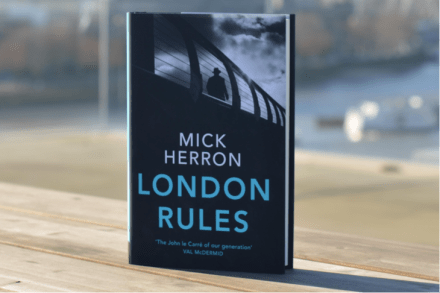We should all share the blame for the Rohingya tragedy
My local shop in Yangon was owned by a retired army officer and his wife and guarded by their handsome coal-black dog. When I asked the name of the hound the man smiled and said ‘Kalar’, before enquiring if I knew the meaning of the word. I did. Kalar is a racial slur, employed originally by the Burmese to describe the darker-skinned immigrants from India brought to Burma by the British as cheap labour in the colonial era. More recently, the word has come to be used as a derogatory reference to Burma’s Muslims, and especially the reviled Rohingya minority in the far western state of Rakhine. The use of
















